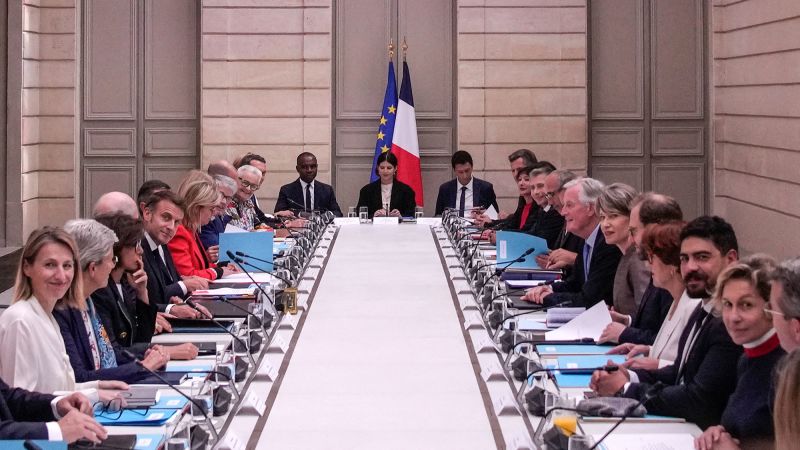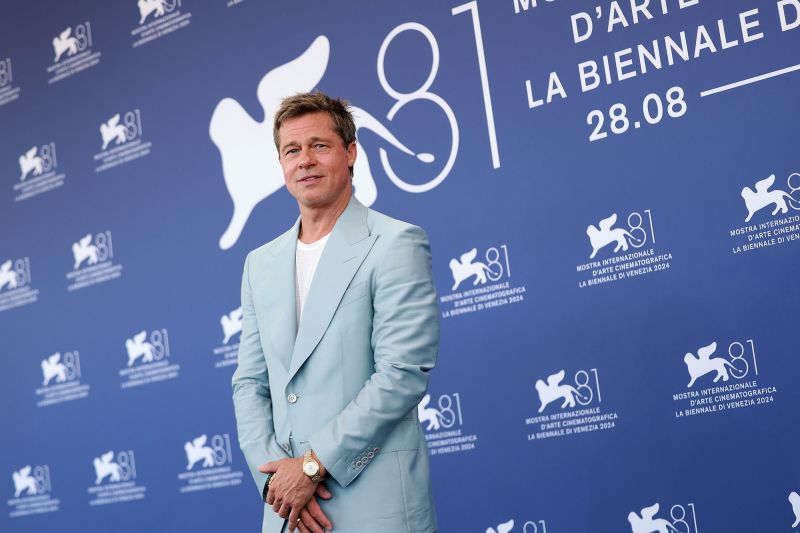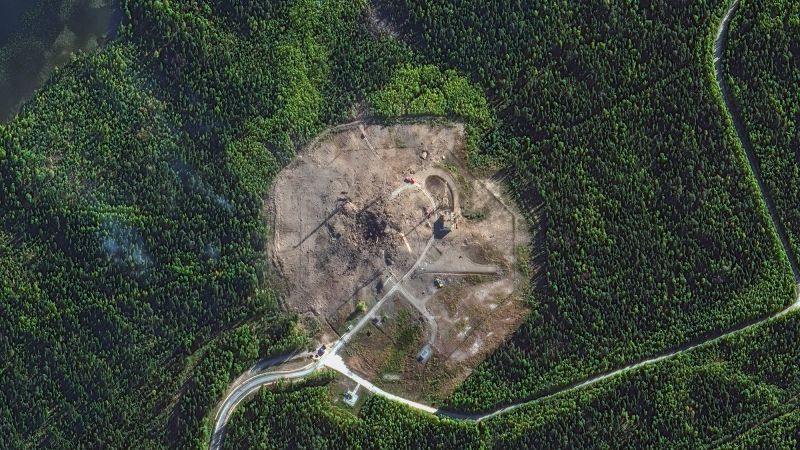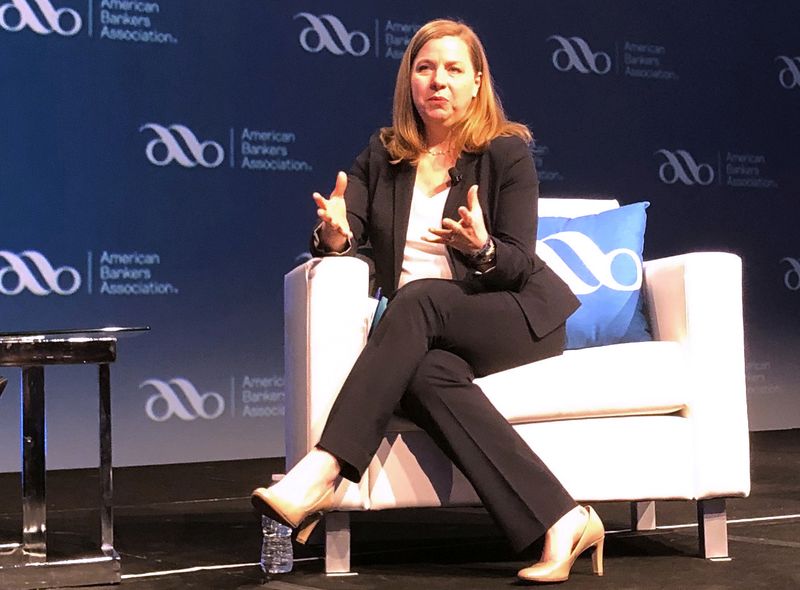The left won France’s election, but its new government will be at the mercy of the far right

Since French President Emmanuel Macron’s explosive gamble to dissolve parliament before the summer, rumors have swirled over how the newly divided National Assembly would be represented in the administration.
Finally, Macron has revealed his cabinet – led by Prime Minister Michel Barnier marking a shift to the right and leaving left-leaning politicians out in the cold.
It comes more than two months after snap elections led to a hung parliament. The left-wing bloc New Popular Front (NFP) won the most seats but not enough for an absolute majority. Macron’s centrist Ensemble came second and Marine Le Pen’s far-right party, National Rally (RN), placed third.
Initially, RN was closer to the gates of power than ever before, then foiled mainly due to scores of left-wing and centrist candidates withdrawing from the second round in a strategic bid to avoid splitting the vote.
But Macron’s prime minister and cabinet bear little resemblance to July’s parliamentary election results.
The right-wing-heavy cabinet looks certain to spell more political turmoil in a country tired of its president. At risk of collapsing before the year is out, the new lineup will have to do a delicate dance with the far right in order to survive.
Drawing ministers from conservative and centrist ranks, Barnier is still running a minority government. And with the left-wing coalition vowing to topple it at the first available opportunity, his best chances of surviving a no-confidence vote is with RN’s tacit support.
By pandering to the right, Macron hopes his government can safeguard his legacy after the left pledged to repeal some of his key policies, such as controversial pension reforms.
New faces include veteran conservative Bruno Retailleau at the interior ministry whose hardline stance on immigration appeals to the far right. The 63-year-old former senator also opposed gay marriage and voted against enshrining abortion rights in the French constitution.
Despite winning the most seats in July’s vote, the left-wing alliance was not given a single position on the 39-member team.
“A government of the general election losers” is how French far-left firebrand Jean-Luc Melenchon labeled the new cabinet shortly after it was announced. Meanwhile, RN leader Jordan Bardella said the government “had no future whatsoever” and that it was a return to “Macronism.”
With Macron unable to dissolve parliament for at least a year from the election, concessions on immigration, security and taxes will have to be made to placate the far right and get bills adopted by the 577-seat assembly.
One of Barnier’s priorities is to submit a 2025 budget plan addressing France’s mounting deficit and putting forward unpopular spending cuts. Barnier could invoke a controversial constitutional tool – article 49:3 – to push it through, though this would expose the government to a vote of no confidence as the parliament would need to approve it.
Furthermore, that would risk the same ire Macron’s penultimate government suffered when he used this constitutional clause to push through everything from budgets to pension reforms. Since then, 49:3 has become a byword for Macron’s Jupiterean style of government: impatient of consensus and seen by many as disrespectful of the will of voters.
Whether through political survival or shrewd politicking, the ironies of Macron’s latest government are striking. The president – a former left-wing minister – is now beholden to the support of the far right. Yet in this summer’s snap election, they are the very group Macron tried to keep out of government through his party’s “cordon sanitaire” voting alliance with France’s left.
Faced with three acrimonious blocs and under pressure from all sides, even Barnier’s strong negotiating tactics and reputation for consensus-seeking might not save him.






